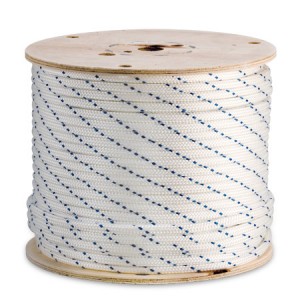
Synthetic Fiber
Nylon 6 melts at 218°C
Nylon 6.6 melts at 258°C
UV Resistance: Good
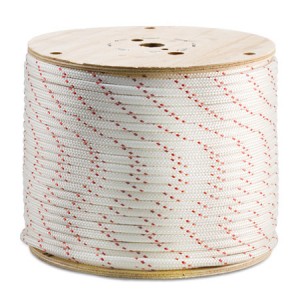
Synthetic Fiber
Chars at 254 °C
UV Resistance: Very Good
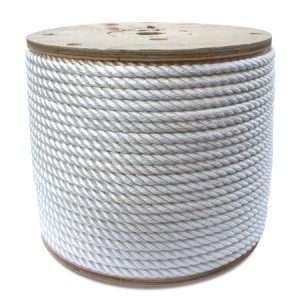
Synthetic Fiber
Melts at 145 °C
UV Resistance: Fair
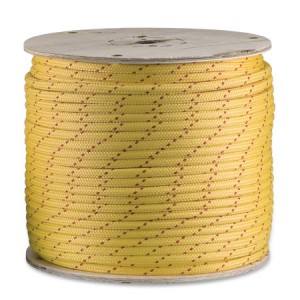
Synthetic Fiber
Chars at 165 °C
UV Resistance: Fair
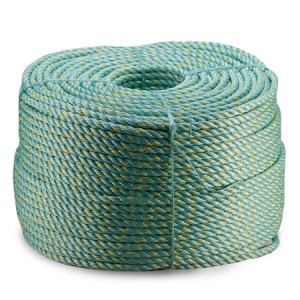
Synthetic Fiber
Chars at 140 °C
UV Resistance: Fair
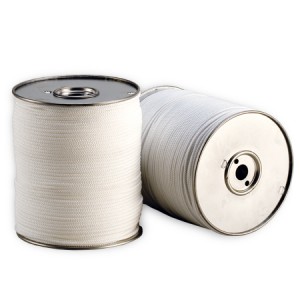
Synthetic Fiber
Decomposes at 500 °C
UV Resistance: Poor
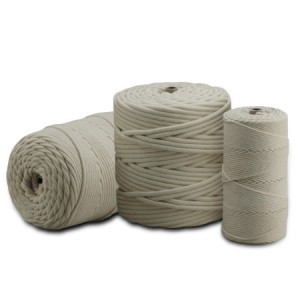
Synthetic Fiber
Decomposes at 500 °C
UV Resistance: Poor
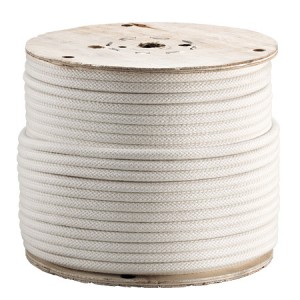
Natural Fiber
Chars at 148 °C
UV Resistance: Very Good
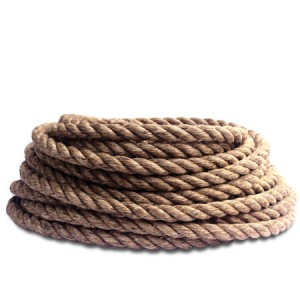
Natural Fiber
Chars at 148 °C
UV Resistance: Very Good

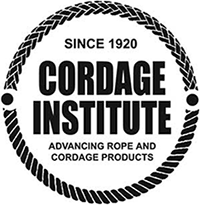

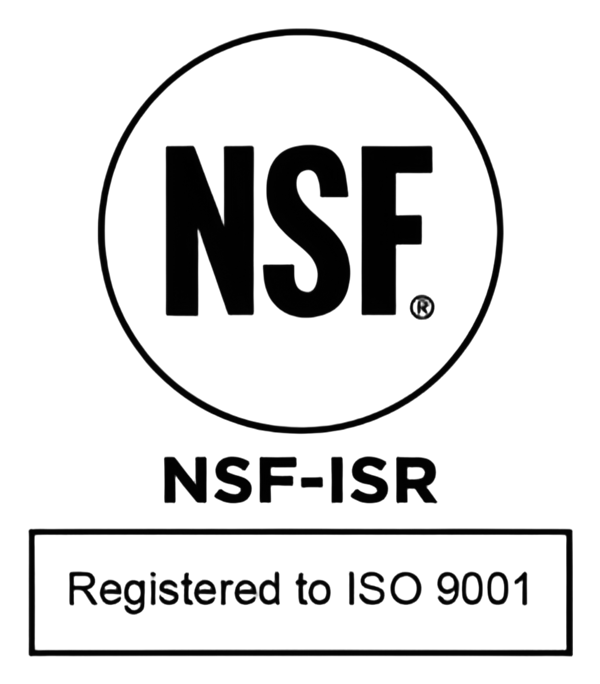

© 2025 Cancord Ropes Inc.